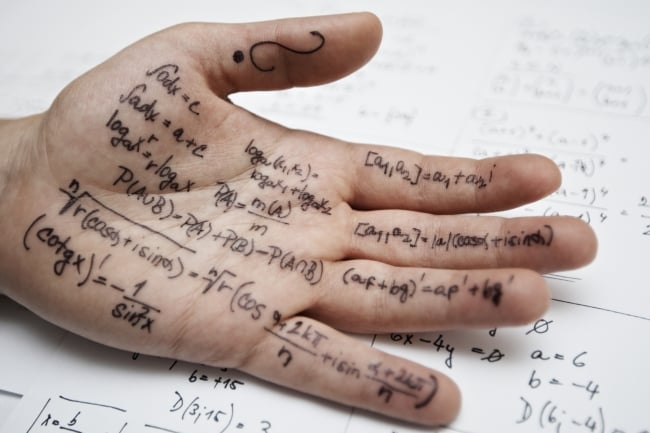You have /5 articles left.
Sign up for a free account or log in.

iStock
Professors can employ plenty of best practices to reduce academic dishonesty among students. But those efforts might be doomed if students don't like the course in the first place.
According to new research by Eric Anderman, a professor of educational psychology at Ohio State University, whether a student likes or dislikes a class can disrupt previously established predictors of whether or not they’ll cheat. The paper, “Academic Cheating in Disliked Classes,” was co-authored by Sungjun Won, a graduate student in educational psychology, and appears in the journal Ethics & Behavior (abstract here).
Anderman witnessed cheating firsthand when he was a high school teacher. Now having studied cheating for about 20 years, he said previous research pointed to two important factors when it comes to predicting whether or not students will cheat: whether a professor emphasizes mastery of a topic -- think “learning for the sake of learning,” he said -- or whether they emphasize extrinsic outcomes, such as the importance of high-stakes tests.
In classes that emphasize mastery, Anderman said, levels of cheating are lower. When grades or tests are the emphasis of a class, cheating increases.
But his new research throws a wrench into that theory: when students don’t like a class, those correlations don’t hold up. In short, it’s hard to predict if a student will cheat, no matter what the professor emphasizes, if the student doesn’t like the course.
“Neither of those [emphases by the professor] predicted their behavior,” Anderman said of the students surveyed.
In all, 409 students from two large research universities were surveyed. Anderman said they were asked questions similar to his other research on cheating, but this time the questions also focused on whether or not the students liked the class.
Whether students were more likely to cheat in a course that they didn’t like than in a course that they did like wasn’t explicitly researched, Anderman said, but there is “indirect data” that might suggest that.
“There’s a long line of history that shows that students are more likely to cheat in math and science classes than in other classes,” he said. And math and science courses were the least popular among the students in his research.
Interestingly, the beliefs around cheating -- whether it was right or wrong, justified or not justified -- still echoed previous research. Students in classes that were organized around mastery still felt like cheating was wrong, more so than their peers in classes centered around grades and testing. But those beliefs didn’t necessarily correspond with behavior in this study.
“The pattern was still there for the beliefs about cheating,” Anderman said. “But the pattern was not there for cheating behavior.”
Instead, Anderman found a new predictor of cheating when it comes to courses a student doesn't like: a student’s "need for sensation" and proclivity toward risk-taking behavior.
“People who are, sort of, thrill seekers -- people who are more likely to want to do wild and crazy things -- are going to be the ones in those classes who are more likely to give in and cheat,” he said.
So what are professors to do if they teach an unpopular course? Whether a student likes or dislikes a course is often out of a professor’s hands, after all. Anderman recommended emphasizing mastery and avoiding high-stakes tests, even if the cheating correlations behind them might not hold up as well in disliked classes.
“You absolutely can’t control whether students don’t like your course, but you can control how you do assessments in the class. Focusing on mastery or focusing on the extrinsic, on the grades, you can control that,” Anderman said. “I don’t know how many faculty are really aware that it’s more likely to happen in certain areas, like math and science.”
“The kinds of instructional practices that you use can, in fact, make a difference,” he said.




